Conferences / Lectures / Talks

What Type of Crisis is This?
Walter Ötsch (AT)
We invite people from the fields of philosophy, sociology, economics and media studies to take part in a public discussion of these questions. Experts will present their views, challenge each other and offer suggestions for the future of our society.
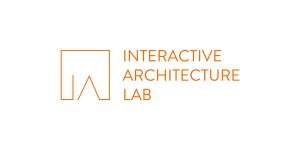
Lecture on Performance and Interaction
Ruairi Glynn
Dr Ruairi Glynn, Director of the Interactive Architecture Lab, will give a talk on notions of Antidisciplinarity in Design for Performance and Interaction and emerging new types of practice.

COVID-19 Crisis: How could/can society change?
Walter Ötsch, Renata Schmidtkunz, Antonia Birnbaum, Evelyn Bodenmeier, Leonhard Dobusch, Sighard Neckel
Walter Ötsch develops two scenarios for the future of society: a positive and a negative one. He will give an overview of the possible ideas for the future, both positive and negative, that were considered in the workshop. Together, obstacles and options for the future are discussed.
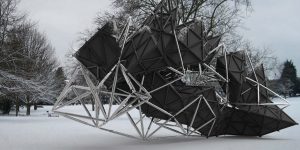
Heterotopias
The Bartlett School of Architecture, University College London (UK)
Roundtable + Q&A - As we collectively detangle our own perceived ‘normal’, how might this shape speculative design and the worlds that come with it? Is Heterotopia an alternative to the utopia/dystopia narrative?
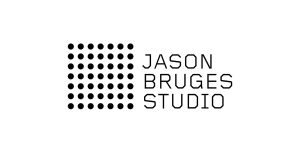
Jason Bruges Studio (UK)
The Bartlett School of Architecture, University College London (UK)
A curated selection of talks and 360 films that provide insight into the Studio’s process and practice. Normally inhabiting physical spaces, a number of the Studio’s installations are transformed and brought to a virtual audience for the first time.

COVID-19 Crisis: What options does civil society and social media have?
Walter Ötsch, Renata Schmidtkunz, Leonhard Dobusch, Evelyn Bodenmeier
We invite people from the fields of philosophy, sociology, economics and media studies to take part in a public discussion. Experts will present their views, challenge each other and offer suggestions for the future of our society.
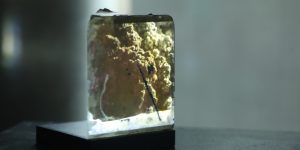
Creative Question Challenge: Can unheard signals inspire change?
Siobhán McDonald (IE), Chris Bean (IE), Adriaan Eeckels (BE)
'Let us finish what we started'. This is how the UN introduces its first Sustainable Development Goal - to end poverty in all forms and dimensions by 2030. The 17 Sustainable Development Goals and their 169 targets have been described as a sprawling, misconceived mess of grandiose intentions. The title of the development agenda itself - 'Transforming our World' - oozes utopian ambition. It was adopted by 193 nations in 2015. Five years later and with ten years left, how do you think our world will transform?

COVID-19 Crisis: Future Scenarios
Walter Ötsch, Renata Schmidtkunz, Sighard Neckel, Antonia Birnbaum
The coronavirus shock will change society and it will not be possible to return to the "normal state of affairs" we had before the crisis. Two scenarios are outlined: (1) In the negative scenario, the coronavirus shock will bring little change on the surface, but will, in fact, fundamentally reshape the political shell that surrounds capitalism. This is explained in analogy to developments after the 2008 financial crisis, in which the elites who caused the crisis were not challenged and held accountable. In this thoroughly realistic scenario, a new authoritarian form of capitalism can emerge, in which the new power for the states is also expanded into new forms of surveillance. (2) The positive scenario ties in with many historical experiences in which the world was improved after crises. We are currently experiencing a redesign of political action that contains positive moments such as new forms of talking collectively about fears, new forms of solidarity with strangers and the experience of how important and powerful politics can be. Perhaps in this scenario it may be possible to combine the corona shock with concerns about the coming ecological crises and to take effective steps to mitigate them.
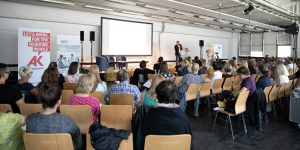
Symposium “Perspektiven politischer Bildung”
Arbeiterkammer OÖ (AT), Pädagogische Hochschule OÖ (AT)
Artificial Intelligence (AI) is omnipresent, without us always being aware of it. For many years now, it has been making our everyday lives easier, for example when cell phones are unlocked by means of face recognition or when individual advertising guides us through the jungle of the Internet. AI can manipulate us humans. Can it thus become a danger to democracy? The first signs of this apparent development were brought about by the brexite vote or the US presidential elections, for example.
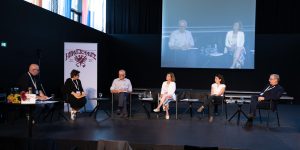
COVID-19 Crisis
Walter Ötsch (AT), Renata Schmidtkunz (AT)
We invite people from the fields of philosophy, sociology, economics and media studies to take part in a public discussion of these questions. Experts will present their views, challenge each other and offer suggestions for the future of our society.

FEM
Women in Art, Science and Technology
Techniques for the automatic generation of music – which have long been focused on systems ruling the score – are now being deployed at all levels of sound representation: signal, gesture, symbol, form. Sound synthesis using deep networks constitutes a radical break with conventional modelling approaches. How do composers handle these emerging possibilities?
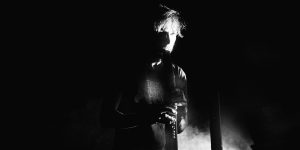
AI x Music Festival: Bot Bop Musical creation and innovation with AI
Andrew Claes (BE) and Dago Sondervan (NL)
Musical phrases are fed in real-time to a live coded machine learning model. The emerging virtual agent reacts and is again reacted to, creating an organic feedback loop. Utilising improvisational, instant composing and algorithmic musical techniques, listen to the duo becoming a trio during the course of this performance.
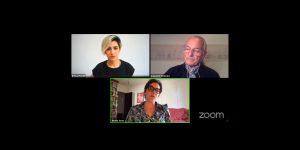
Transculturalism: The Space in Between
Amelia Jones, Krzysztof Wodiczko, Behnaz Farahi
In this panel discussion Amelia Jones (USC); Krzysztof Wodiczko (Harvard GSD), Behnaz Farahi (CSULB) are discussing "Transculturalism: The Space in Between". As utopian fantasies of "global" interconnectedness fade on relation to a global pandemic and burgeoning nationalisms, it is important to develop strategies to foster a sense of inclusion and overcome a culture of exclusion. This panel discussion addresses what role might art and design play to maintain a sense of transculturalism and how they might allow us to see things differently.

Genetic Biotech through the Eyes of Artists
BOZAR presents a talk on genetic modification, featuring Sandra Lorenzi (FR), Kuang-Yi Ku (TW), Christophe De Jaeger (BE), and 2 scientists from the Vlaams Instituut voor Biotechnologie – VIB. The talk will be preceded by a video streaming of a guided tour in the VIB facilities in Gent (BE), with Sandra Lorenzi (FR – artist of the Studiotopia programme), Kuang-Yi Ku (TW – artist of the Studiotopia programme), Sofie Bekaert (BE – VIB) and VIB scientists Roosmarijn Vandenbroucke and Sofie Goormachtig, presenting their current research.
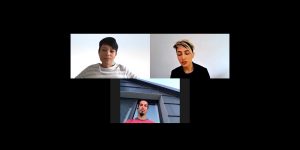
Panel: Surveillance, Gaze and Ways of Seeing
Lauren McCarthy, Memo Akten, Behnaz Farahi
In this panel discussion, Behnaz Farahi, Lauren Lee Carthy and Memo Akten are discussing the notion of "gaze", "ways of seeing" and "surveillance" in the context of this group exhibition.
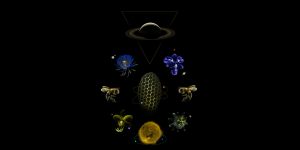
Q&A with Man & Wah
Moderated by independent curator and creative director working in the field of digital/new media arts, Lubi Thomas (AU/UK), this live Q&A event will explore the creative practice and process of artists Man & Wah. Covering topics of nature, the cosmos, information and interdisciplinary artistic practice, Man & Wah will respond to live questions alongside a discussion with Lubi about their narrative video piece, CELESTON, and physical exhibition at Museum of Brisbane.

Keynote Lecture: Tree Conservation and Genetics
Victoria Sork, UCLA Dean of Life Sciences, Director of Mildred E. Mathias Botanical Gardens
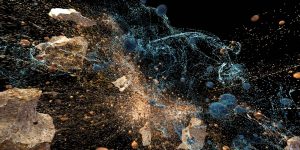
Live Program of Telluric Vibrations, UCLA Botanical Gardens – Los Angeles
Enjoy the extensive live Program of Telluric Vibrations, UCLA Botanical Gardens – Los Angeles
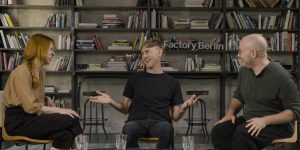
Interdependence with Richie Hawtin: AI for humans
Holly Herndon, Matt Dryhust
In this discussion we explode the false binary of humans and machines in the music making process, explore ways that AI systems could actually help get more humans paid rather than displace them, and discuss the necessity of artists having a seat at the table in the process of AI tool development.
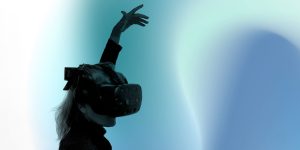
Dance the distance
Ariella Vidach (IT), Claudio Prati (CH), Paolo Solcia (CH), Riccardo Santalucia (IT), Sebastiano Barbieri (IT), Francesco Luzzana (IT), Giovanni Landi (IT)
Live Guided Tour in a Dance Virtual Studio. MEET’s second project Dance the distance is a live guided tour through a virtual dance studio. Participants as avatars will be able to meet the virtual dancers and join an open rehearsal for a VR dance performance in progress.


